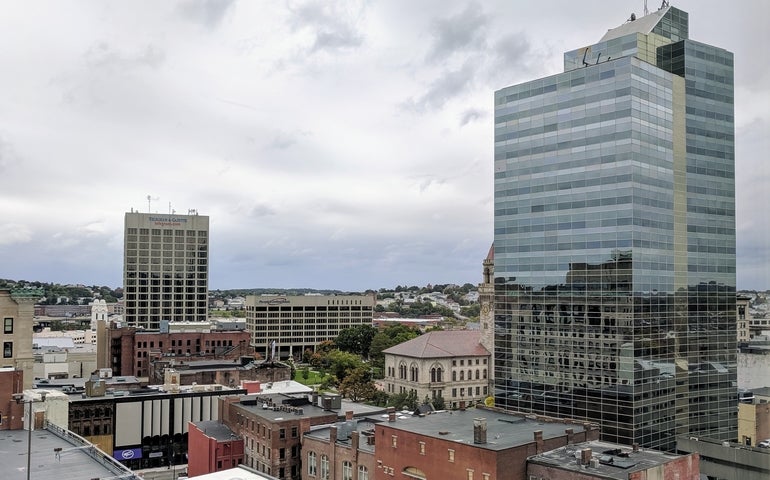New technology jobs powering economic growth in places like the Boston area and Silicon Valley have left out broad swaths of the country — including Greater Worcester, according to a report released Monday.
The Worcester metropolitan area has added 348 innovation jobs since 2005, according to the Brookings Institution, a Washington think tank. The increase is so small that tech employees didn’t grow in their share of the region’s 360,000-employee workforce.
The Worcester area’s numbers may not be especially inspiring, but they could be worse.
The Springfield area has lost 437 tech jobs since 2005, and Providence has lost nearly 4,700, according to the report. In Connecticut, the New Haven area has lost more than 4,500 such jobs, and Bridgeport more than 800.
The most tech jobs added in New England outside Greater Boston is in Hartford, which has gained 600 of those workers. Boston has created more than 26,000 tech jobs, the fourth most in the country.
The tech-job boom has been concentrated in so few areas much of the country hasn’t shared in the benefit, according to Brookings, which advocated for the industry to spread its growth to those other urban areas with a potential for larger tech economies.
Five metro areas — Boston, San Francisco, San Jose, Seattle, and San Diego — accounted for more than 90% of the nation’s innovation-sector growth from 2005 to 2017.
On the other hand, exactly half of the country’s 382 metro areas lost innovation jobs during that period.
Even some of the country’s largest cities have been not only failing to add such jobs, but losing them. The Washington, Philadelphia, Dallas and Los Angeles areas have each lost more than 6,000 such jobs, Brookings said, and Chicago has lost more than 12,000.
Brookings included 13 industries in what it called innovation jobs for the report, including drug manufacturing, computer manufacturing, chemical manufacturing, software publishing, scientific research and development.
Brookings’ report included an argument such jobs should be spread more evenly across the country, including to a small number of new hubs, based on factors making them appealing to innovation firms: research and development spending, the number of patents awarded, and a highly educated population including doctoral degrees in science, technology, engineering and math.
Brookings suggested 35 metro areas it said could be ripe for becoming hubs for such jobs — but didn’t include Worcester, not because it didn’t have the potential but because it’s too close to an existing hub — Boston — for the benefits of a new tech-industry cluster to benefit a broad enough sector of the American population.
Making the new hubs list were larger metro areas including Minneapolis and college cities such as Madison, Wis. The list included smaller metro areas similar to Worcester, including Albany and Buffalo in New York, and Dayton and Akron in Ohio.

